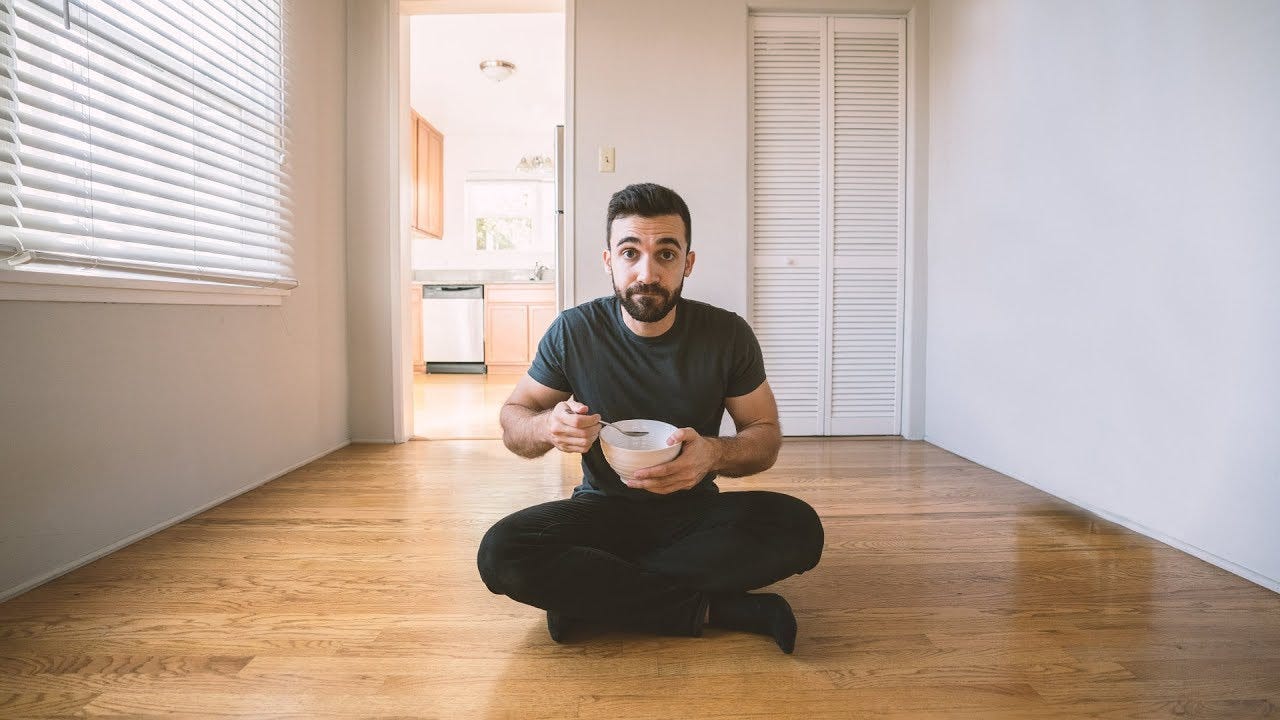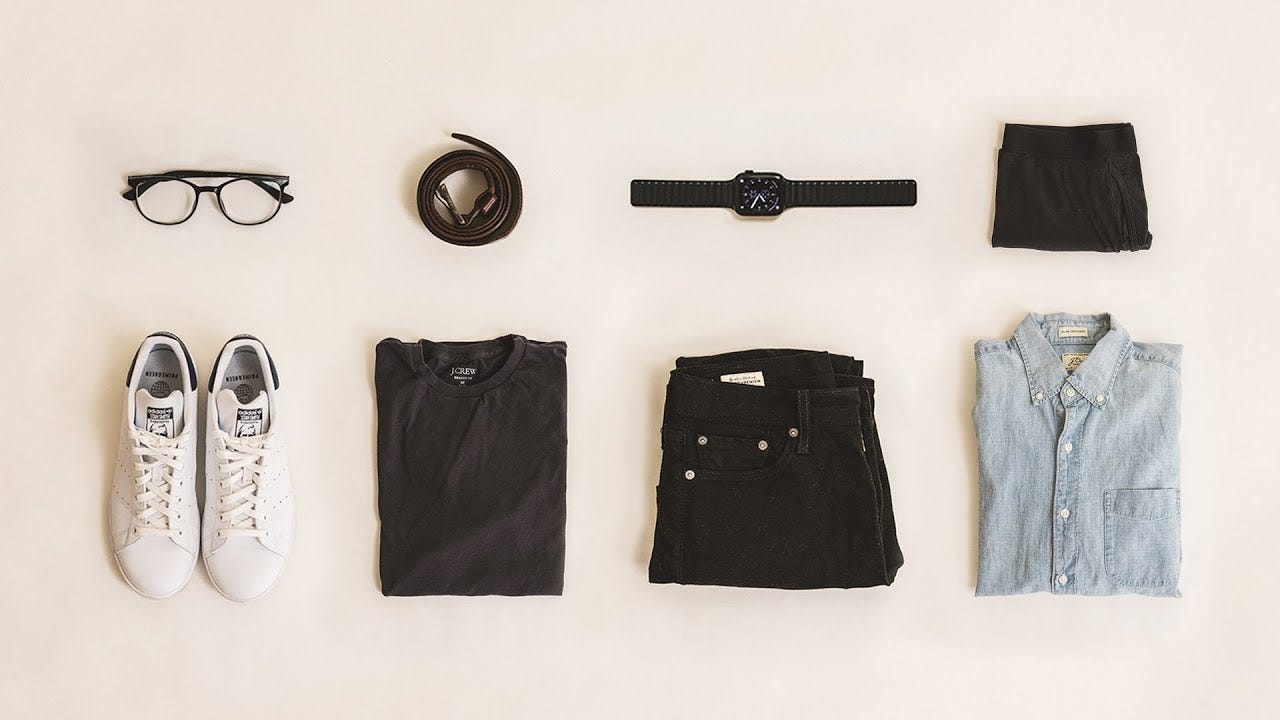Branch | What is Minimalism?
In a world filled with constant distractions and overwhelming choices, minimalism emerges as a breath of fresh air—a lifestyle that celebrates simplicity, intentionality, and the power of less. Breaking free from the shackles of material excess and consumerism, minimalism invites us to strip away the unnecessary, focusing on what truly matters. It is a deliberate pursuit of clarity and purpose, allowing us to rediscover the beauty of space, time, and meaningful connections. By embracing minimalism, we embark on a transformative journey towards a lighter, more intentional existence—a journey that encourages us to live with intention, find contentment in the essentials, and cultivate a greater sense of freedom and fulfillment.
With the fancy and inspiring definition of minimalism out of the way, here is the more digestible definition; minimalism is the emphasis on simplicity, intentionality, and freedom through the art of less. In this article, I am going to outline 3 main points and 3 misconceptions of minimalism.
Leaves | 3 points of Minimalism
1. Simplifying Possessions: Minimalism advocates for decluttering our physical spaces and letting go of unnecessary possessions. By focusing on the essentials and removing the excess, we create a serene environment that promotes clarity, calmness, and a sense of freedom.
2. Cultivating Mindful Consumption: Minimalism encourages mindful and intentional consumption. Instead of mindlessly accumulating possessions, we carefully consider the value and purpose behind each item we bring into our lives. This shift in mindset helps us break free from the cycle of consumerism and find contentment in owning less.
3. Embracing Inner Fulfillment: Minimalism extends beyond material possessions and urges us to prioritize inner fulfillment. It prompts us to reflect on our values, relationships, and personal growth, fostering a deeper connection with ourselves and others. By redirecting our focus from external validation to internal satisfaction, we cultivate a more meaningful and purposeful existence.
3 misconceptions about Minimalism
1. Minimalism is Deprivation: One common misconception is that minimalism is about living with as little as possible, leading to a life of deprivation. However, minimalism is about intentional living and focusing on what truly adds value to our lives. It's not about lacking things but rather about eliminating the unnecessary to create space for what truly matters.
2. Minimalism is Aesthetic: Another misunderstanding is that minimalism is solely about a specific visual aesthetic characterized by clean lines and empty spaces. While minimalism can manifest in an aesthetic style, its essence goes beyond appearances. It is a mindset and lifestyle that emphasizes simplicity, mindfulness, and conscious decision-making.
3. Minimalism is One-Size-Fits-All: Some believe that minimalism requires adhering to strict rules and standards. However, minimalism is a personal journey that can be tailored to individual preferences and circumstances. It's about finding one's own balance between simplicity and comfort, and the path to minimalism may vary for each person, depending on their unique n
eeds and aspirations.
A Minimalistic Conclusion
Minimalism offers a powerful antidote to the overwhelming clutter and consumerism that pervade our modern lives. By intentionally simplifying our possessions, commitments, and distractions, we can create space for what truly matters, fostering clarity, freedom, and a deeper sense of contentment. Embracing minimalism empowers us to live with intention, appreciate the essentials, and cultivate a more fulfilling existence.






